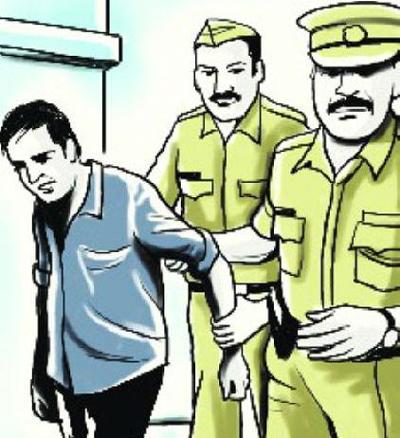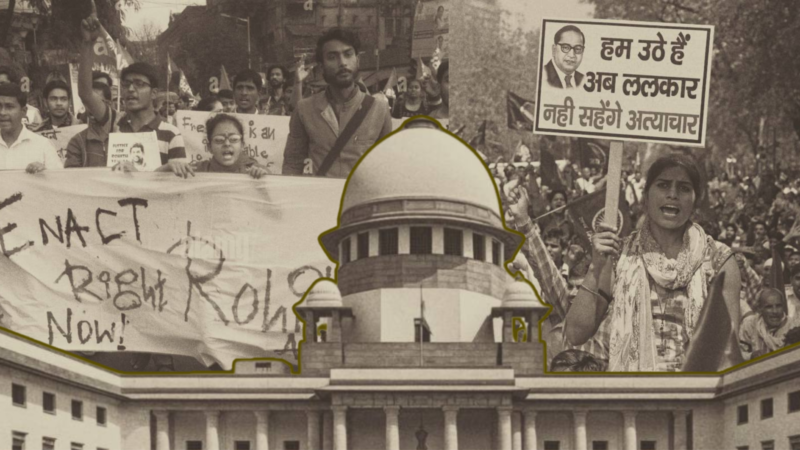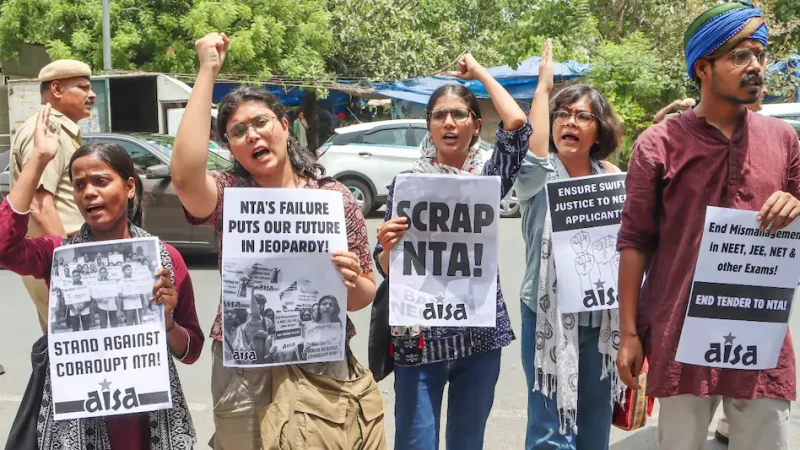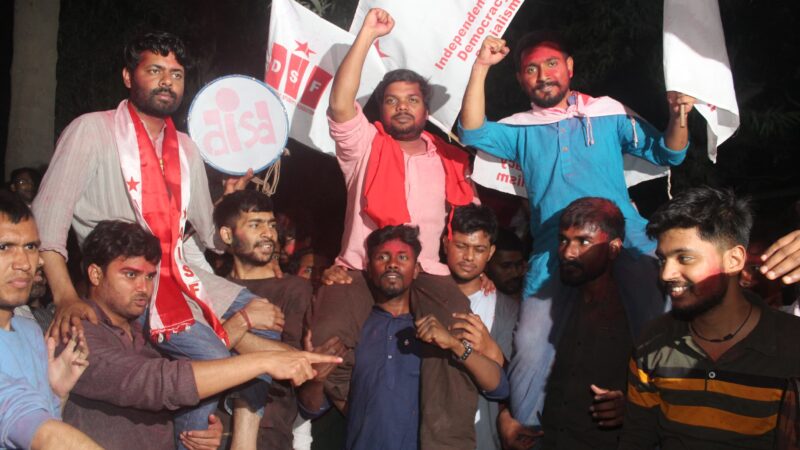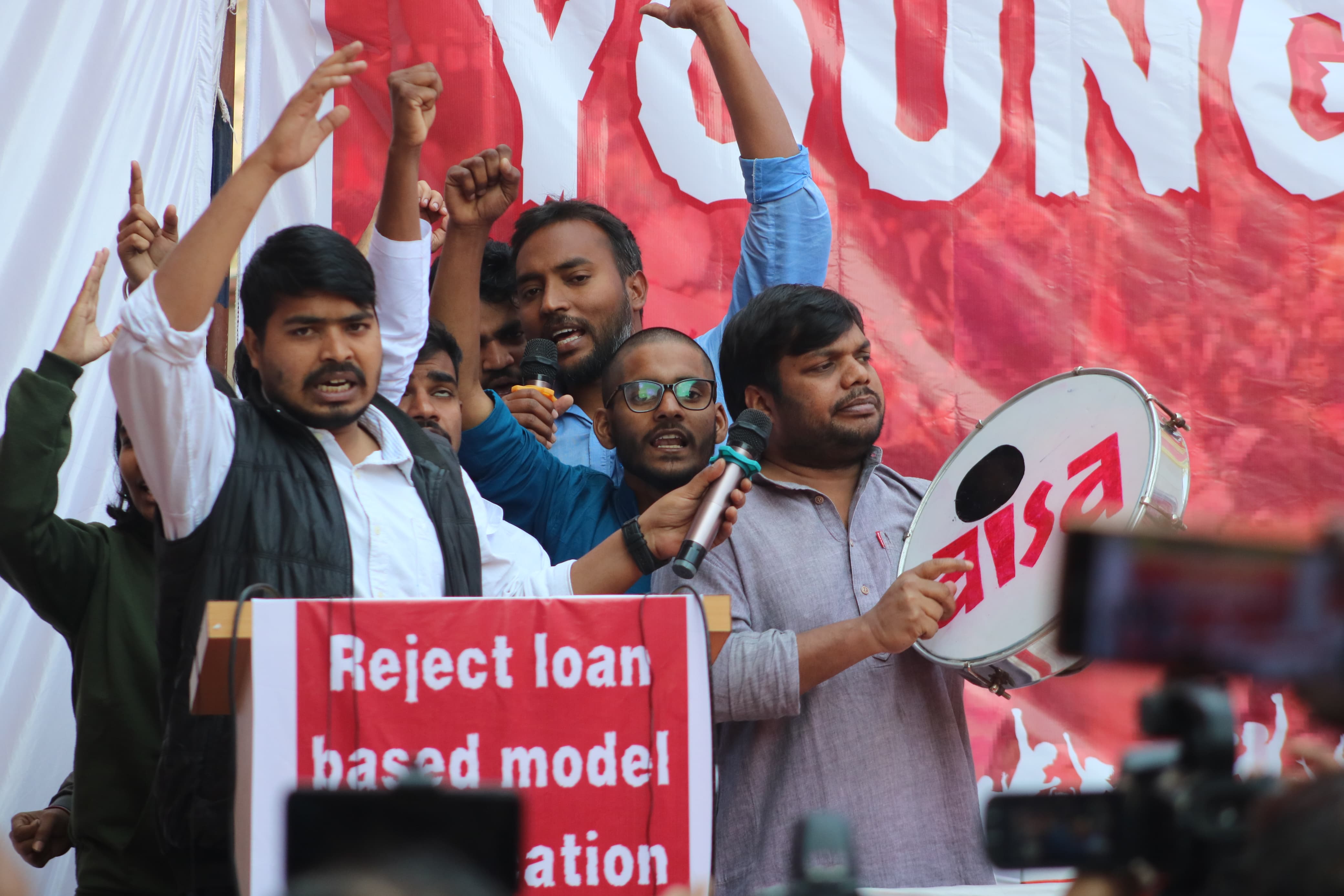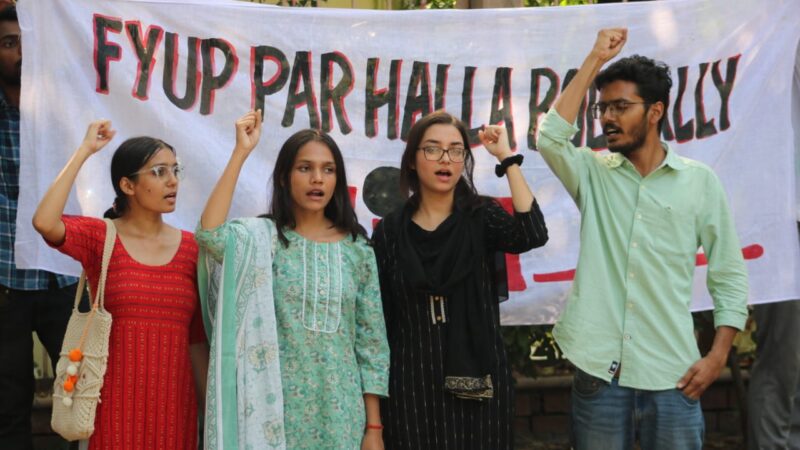Stop Intimidation and Targeting Voices of Dissent in Kerala!
Hold the Kerala Government Accountable for Encounter Killings, use of Black Laws Like the UAPA, Wanton Arrests and Crackdown on Democratic Space!
The way the Kerala police has been involved since last month in encounter killings, arrests and framing of charges on political activists clearly transcends the boundary of merely maintainglaw and order in the state and indicates of a ceratin tactics of intimidation of political opponents to the ruling LDF government in the state.
On Nov 24th two maoist leaders were gunned down in the Karulayi forests in Nilambur, Kerala. The police as usual has come out with the version of self defence and cross fire as an explanation to the encounter killings. In spite of wide range demand of a judicial enquiry into the killings, the Kerala Government is trying to evade impartial judicial probe into the case by ordering a magisterial enquiry which will remain vulnerable to administrative manupulations.
In the aftermath of the killings, Rajeesh Kollakandi, who helped in releasing the body of the assasinated maoist leader, has been suspended from his government job in the technical education department of the state. In addition to it, UAPA cases have been framed on him.
Kamal C. Chavara, a novelist, was arrested under sedition law after the BJP’s youth wing Yuva Morcha had complained to the police against him charging him of insulting the National Anthem based on one of his Facebook posts. The Kerala police acted promptly and had arrested K.C. Chavara.
The first instance of arrest by the police for not standing up during national anthem in film screening came from Kerala when the more than prompt Kerala Police arrested six people who participated in the International Film Festival in Kerala.
A human rights activist Nadir was arrested under UAPA after he went to meet Kamal C Chavara the previous day, although his name does not appear in any FIR. Nadeer has been released after a day’s interrogation. The Kerala Police is trying to create the bogey of maoist link in Nadir’s case. Nadir was picked up by the police as unnamed accused in an FIR where six people have been mentioned under charges of UAPA.
The CPI-M in a statement in the context of K.C. Chavara’s arrest has said that it is against the use of sedition law. But this statement does not suffice to address the issue of intimidation of political voices and crackdown on freedom of expression. The arrests that has been done on the pretext of ‘insulting the national anthem’, even if sedition is not used, indicate towards succumbing to sentiments fanned by the right-wing forces in Kerala. The random use of UAPA and arrests of political activists under UAPA also raises concern over curbing of democratic space and the process of natural justice in Kerala. Black laws like the UAPA were introduced by the Congress Government to legalise unjust state actions on muslims and political activists. These laws are used to subvert the basic principles of natural justice where the burden to prove inncocence lies on the accused in stead of it being otherwise.
Statements by the CPI-M or the SFI that they are against the use of sedition law carry very little weight as long as the state police, working under the command of LDF govt, continue to surrender before rightwing jingoism or is used to intimidate and silence political opinions in Kerala.
